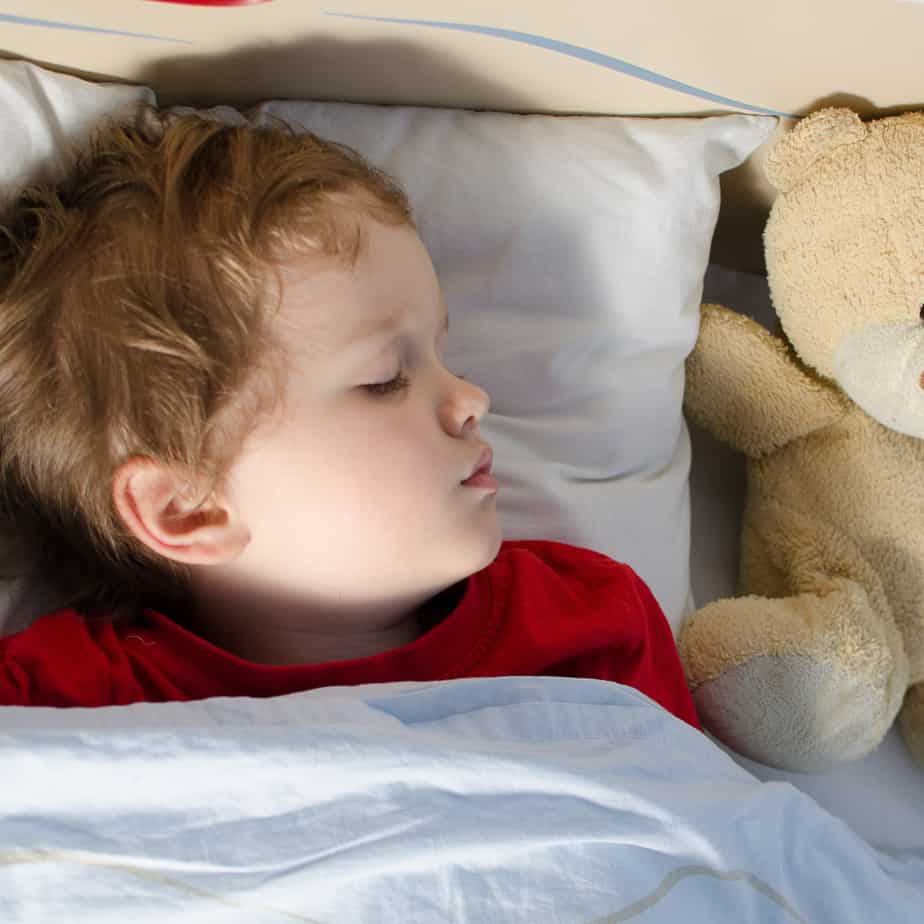

There are a few common transitions your 2 year old may be experiencing: It was after my bedtime!” 4: Your 2 year old may be going through some transitions that disrupt sleep. We, personally, had to stop allowing a nap around 2 1/2, because my son’s awake time approached 7 hours after nap and was waking up at 3pm. “All 2 year olds are different, of course. It’s best to simply stay consistent with your 2 year old’s schedule and routine, and to not give up on the nap just yet. Most children won’t completely give up their naps until 3 or 4. We advise parents to treat this sudden naptime resistance as a regression, and not as something permanent. If she doesn’t want to lie down for a nap, she’s going to let you know it!

She’s becoming more aware of what she wants. It can also be the result of her growing self-awareness and independence. She may spend the whole hour screaming! As with separation anxiety, this sudden resistance to naps can come from your 2 year old’s desire not to miss out on anything. Or, you may find that your 2 year old’s nap resistance isn’t nearly so pleasant. You might find that when you put your 2 year old down for her nap, she spends the entire hour talking/laughing/singing/playing. This is SO common!” 3: Your 2 year old may suddenly stop napping.Īround 2 years of age, some toddlers abruptly stop taking an afternoon nap. “Many parents report they have to, all of a sudden, stay with their 2 year old as she falls asleep at nap and bedtime. Understandably, he doesn’t want to be left out! If this separation anxiety surfaces as soon as you walk out the door during naptime and/or bedtime, it can disrupt your toddler’s sleep. Instead, he knows that you’re off somewhere not far away, having (in his mind, at least) tons of fun without him. However, it can also come from a desire not to miss out on the fun! By now, your 2 year old knows that when you leave, you don’t just disappear. Your 2 year old may be afraid to be left alone, or with people he doesn’t know. Separation anxiety peaks around 18 months, but it can appear off and on until your child is 5 or 6 (or maybe even after! Yikes!!) At age 2, separation anxiety can be based on actual fear. Nights may get shorter, but this is temporary! She may truly be unable to fall asleep at an earlier time.” 2: Your 2 year old’s separation anxiety may resurface around this time.

“We start getting a lot of e-mails around this time of year that toddlers are beginning to “fight bedtime.” Here in the States, when we are approaching summer, it stays light later and this can directly influence your toddler’s internal clock. All this adds up to equal less downtime (and maybe less sleep!) for you. You may also find that your 2 year old is showing more resistance to bedtime than usual, and that she’s falling asleep late. Compare that to a newborn’s need for about 16 hours of sleep! And of course, most of your toddler’s sleep is happening at night now.

Most 2 year olds need approximately 12 hours of sleep in a 24 hour period, on average. 5 Facts About Your 2 Year Old’s Sleepġ: Your 2 year old’s awake time is longer.Īs your toddler grows, she needs progressively less sleep than she did as an infant. This article will focus on some of the challenges surrounding your 2 year old’s sleep, including elements that are part of the 2 year sleep regression. There are several distinct regression phases that most babies and toddlers experience: one at 4 months, another at 8, 9, or 10 months, a third around 18 months, and (as if three weren’t enough!) a final one around 2 years. A sleep regression refers to a period of time when a baby or toddler who’s been sleeping well suddenly begins waking at night and during naptime or even refusing to go to sleep at all. You’ve probably experienced them first-hand, right? 😉 If you’re new here, and you haven’t yet heard about sleep regressions or the 2 year sleep regression, let us fill you in. If you’ve followed this blog for a while, you’re likely no stranger to the concept of sleep regressions.


 0 kommentar(er)
0 kommentar(er)
